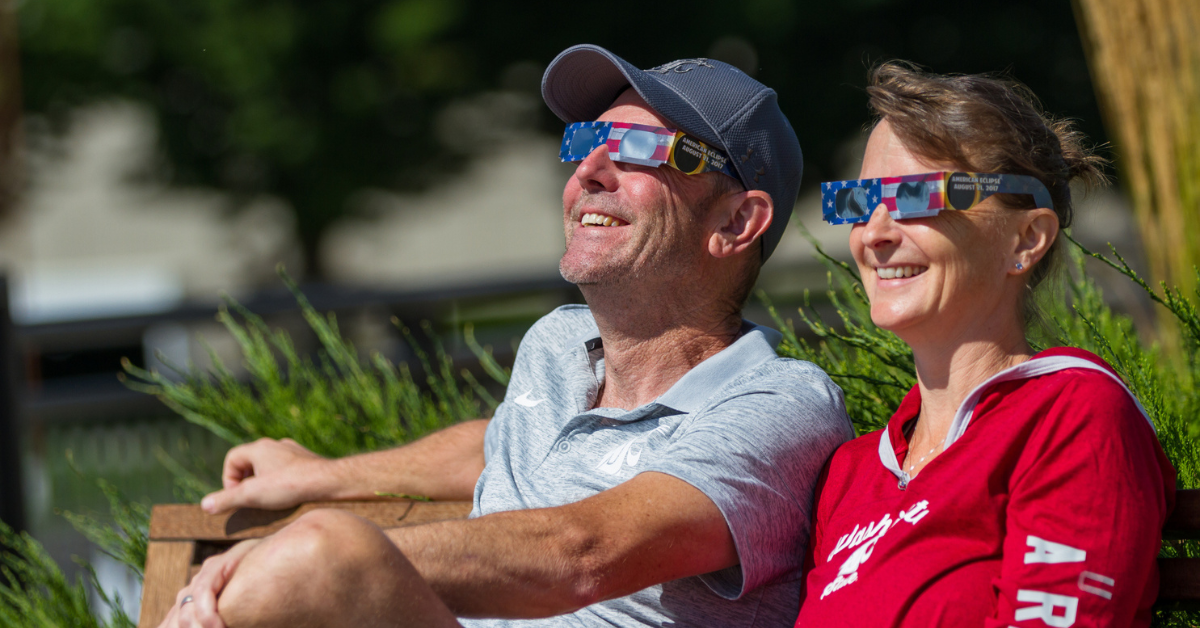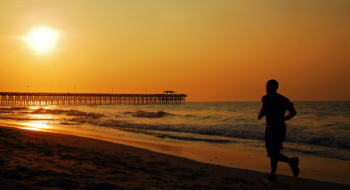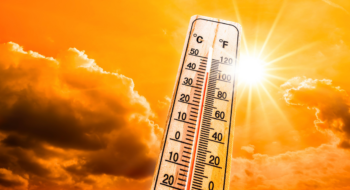On April 8, millions of people will head outside and look toward the sun to witness a solar eclipse. Because our region will never experience totality, it’s important to always wear eclipse glasses or another form of proper eye protection throughout the entirety of the event to help prevent eye damage.
Unfortunately, some unscrupulous vendors may be attempting to capitalize on eclipse interest by selling unsafe eclipse glasses, according to the American Astronomical Society.
No longer can people evaluate the safety of eclipse glasses based on the presence of the International Organization for Standardization logo and a label indicating that the product meets the ISO 12312-2 international safety standards, according to the astronomical society. Some companies are printing the ISO logo and certification label on fake eclipse glasses and handheld solar viewers.
How to know if your eclipse glasses are safe
So how do you make sure your glasses are safe? One way is to make sure the glasses are from a reputable manufacturer or an authorized dealer.
You can find a list of manufacturers and retailers recommended by the American Astronomical Society by clicking here. However, glasses from a source not included on the list aren’t necessarily unsafe.
“With so many sellers out there, it’s impossible for us to vet them all,” according to American Astronomical Society. “What you absolutely should not do is search for eclipse glasses on the Internet and buy whatever pops up in the ads or search results.”
What if you obtained your glasses through a friend, neighbor or local organization? Glasses offered by astronomers, astronomical organizations, libraries, science museums, universities or planetariums are likely safe, according to American Astronomical Society.
How to test your glasses
According to the American Astronomical Society: You shouldn’t be able to see anything through a safe solar filter except the sun itself or something comparably bright, such as the sun reflected in a mirror, a sun glint off shiny metal, the hot filament of an unfrosted incandescent light bulb, a bright halogen light bulb, a bright-white LED flashlight (including the one on your smartphone) or an arc-welder’s torch. All such sources should appear quite dim through a solar filter.
“If you can see lights of more ordinary brightness through your eclipse glasses or handheld viewer and you’re not sure the product came from a reputable vendor, it’s no good,” according to American Astronomical Society.
Failing to properly protect your eyes during an eclipse can result in permanent eye damage. If you are unsure your glasses are safe to use, discard or return them. Instead, purchase from a reputable source or consider an alternate way of viewing the eclipse.
One option is to use a “pinhole projector.” Here are directions on how to make one using a cereal box and other items you probably have around the house.
You can find additional important tips on the use of eclipse glasses and other important safety advice here.




